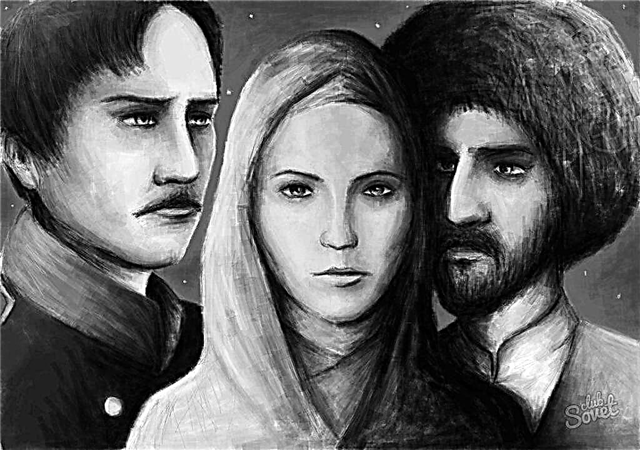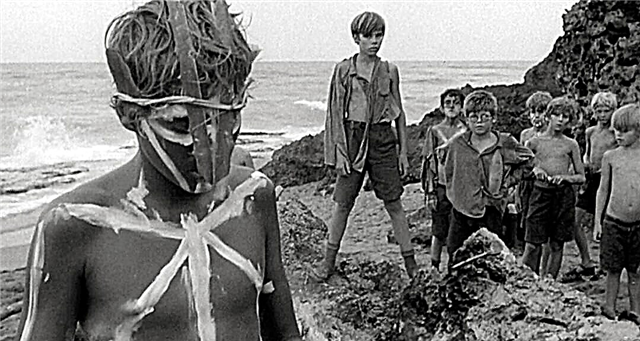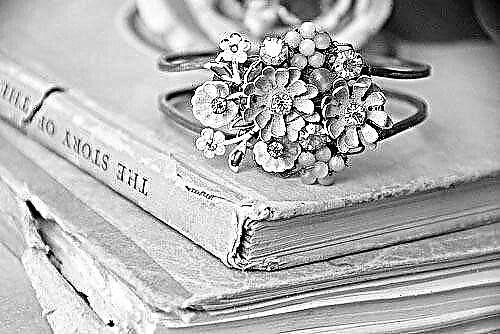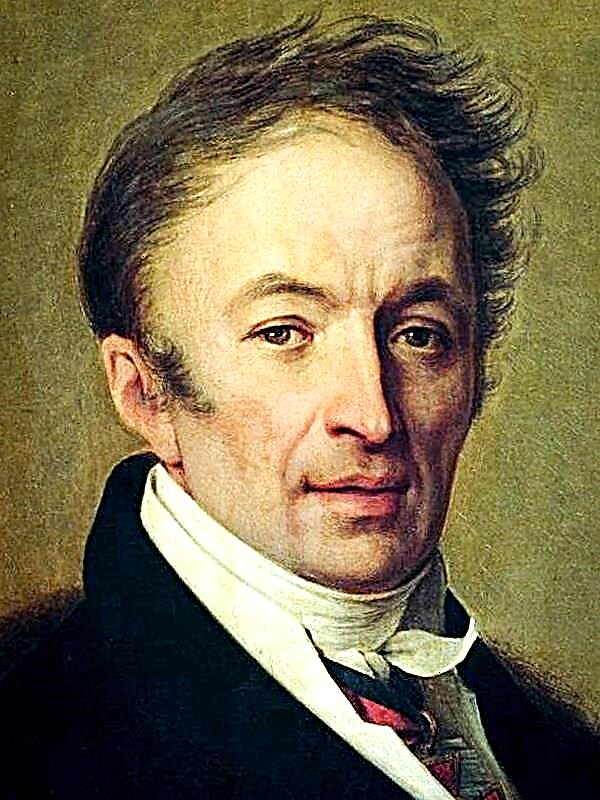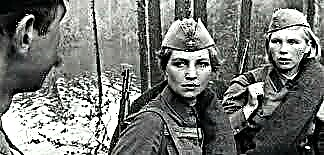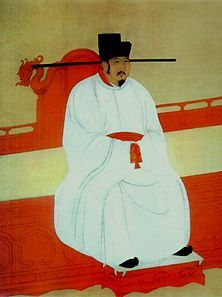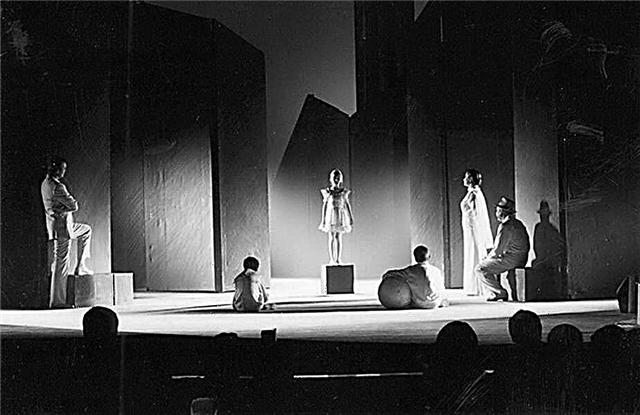Prince Andrei Kurbsky is one of the best governor of Tsar Ivan the Terrible, a friend and adviser to his youth. In the 60s. many of these advisers fell into disgrace. Anticipating that something would come to pass over him, Kurbsky in April 1564 ran over to the side of the Polish king and addressed the tsar with an open message.
The prince accuses Tsar Ivan of deviating from the faith and of a “leprosy conscience”. “Why, king,” he asks, “did you beat the mighty in Israel and executed the governor, who was given to you from God by your enemies with various deaths?” The Tsar martyred the church thresholds with martyrdom, innocently accused his goodwill of treason and sorcery. What for? Didn’t they lay the kingdoms of the kingdom before the tsar? Were strong German fortresses surrendered to them? Or does the king imagine himself immortal, fell into an unprecedented heresy and is not afraid to appear before the Judge, the God-created Jesus? Prince Kurbsky himself, although he suffered many troubles from the king, led his regiments, shedding sweat and blood, but instead of a reward he was innocently expelled from the fatherland. Now the king will no longer see his face until the Last Judgment. The prince will not be silent, but will incessantly with tears denounce him before the Trinityless Beginner.
Executed by the king, standing at the throne of the Lord, cry out for vengeance, while Ivan feasts at devilish feasts with his flatterers sacrificing their own children, like Kronov priests. The king’s chief adviser is the Antichrist, born of adultery: the king should not have such advisers. Kurbsky threatens to put this letter with him in the sepulcher and with him appear before the Lord Jesus.
Ivan the Terrible answered with a huge message, in which he answered point by point all Kurbsky's accusations. “Our God, the Trinity,” he begins his answer, “which the old age was and still is, the Father and the Son and the Holy Spirit, which has no beginning, no end”; the king is unwaveringly faithful to this God and has all his authority from Him. Prince Kurbsky is an apostate from the Holy and Life-giving Cross of the Lord, having corrected all the sacred ordinances. He sacrificed his soul for the sake of the body, for, having run over to the enemies, breaking the cross kiss, voluntarily or unwillingly, he would destroy the churches, trample icons, kill Christians. Those who taught him this are demons. How is he not ashamed of his slave Vaska Shibanov? He, standing in front of the king and in front of all the people, did not deny his master, but Kurbsky betrayed his.
Kurbsky writes about a leprosy conscience, but what's wrong with holding your own kingdom in your hands? From the beginning, Russian autocrats themselves own their kingdoms, and not their nobles and nobles. The king must be king in practice, and not just by name; if where the kingdom is divided, there will immediately be a disorder, to which the traitors incite: Kurbsky, Archpriest Sylvester, Alexey Adashev and the like. It is not the king who opposes God, but those who condemn the king before God's judgment. The greatest of the kings, Constantine, killed his own son, and King David ordered the killing of his enemies in Jerusalem, and both were reckoned to be saints, but those killed by them were villains, not martyrs. Who made Kurbsky a mentor over the king’s soul and body?
The tsar did not kill any strong people in Israel and does not know who they are, because the Russian land is held by God's mercy, the prayers of the Most Holy Theotokos and the prayers of all saints, and not judges and governors. He did not shed any blood in the churches of God, nor did he stain church thresholds with it, but he adorns all churches in every way. There are no martyrs for the faith in his kingdom, and if the prince speaks of traitors and sorcerers, "otherwise such dogs will be executed everywhere." The tsar did not slander traitors and sorcerers, but reproved.
Boyars to Tsar Ivan were never well-wishers: he suffered from them from infancy.The king describes in detail all the boyar infidelities and insults since he was left an orphan. There were state treason, but in everyday life they did not act with him like with the tsar and not at all humanly. He plays, for example, as a child in his chambers, and Prince Ivan Vasilievich Shuisky sits on a bench with his foot on the bed of Tsar’s father, but doesn’t look at little Ivan. Already when in the fifteenth year of his life Ivan began to rule on his own, traitors-boyars, whom Kurbsky calls martyrs, were blamed for the royal family by sorcerers and his uncle was murdered villainously in the church - they did what they now accuse Ivan of. So is it a faithful service that the boyars, gathering in dog flocks, kill the royal relatives? And what kind of pride can they be proud of if they engage in internecine swaras?
Then the tsar elevated and brought to himself Alexei Adashev and priest Sylvester, the same put him in nothing, looked like a baby. If the king says something good, they don’t like it, and their bad advice is supposedly all good. There is no madness in the fact that the king has matured and got rid of such advisers. When Ivan Vasilievich fell ill and bequeathed the kingdom to his young son, Demetrius, Adashev and Sylvester, believing the king in the next world, violated his will: they swore allegiance to Prince Vladimir Staritsky in order to kill Demetrius. Ivan did not punish them lightly: Adasheva and others sent them to different places, but Pop Sylvester left himself, and the Tsar released him with blessing, because he wants to sue him not in this, but in the next world. The betrayal of those who are executed is known to the whole world, and now the executions are over, and even supporters of the traitors enjoy prosperity (here the king lied).
True, the Kursk kingdom with comrades helped to conquer, but they all thought how to return home as soon as possible, and not how best to win. Near Astrakhan they were not even close. There is nothing to boast of military works - their service, there is nothing to boast about - and Kurbsky also equals the service with disgrace. The German governors, however, took the governors only after many reminders and letters, and not according to their own desire - this is not an assiduous service. Kurbsky did not tolerate vain persecution from the king, and if there was a slight punishment, then rightly so. On the contrary: Prince Mikhail Kurbsky was the boyar of the specific prince, and Prince Andrey the tsar: Tsar Ivan exalted him beyond his merits. Kurbsky writes that the king will not see his face anymore - but who wants to see such an Ethiopian face?
The king does not consider himself immortal. He knows that God resists the proud, but not the master who demands obedience from the servant, but the servant who does not listen to the master. Kurbsky accuses the tsar of persecution, but they themselves, with Sylvester and Alexei, drove people and even ordered them to stone Bishop Theodosius. The king is ready to appear with Kurbsky for judgment, for he himself does not follow the work of Christ; he and his friends are the root and beginning for all and royal sins. Condemning a sinner before the Holy Trinity is ungodly: God does not listen to the righteous either, if they pray for the destruction of sinners. Kurbsky writes lies and slander about the Crown victims, he is similar to the Antichrist, and not anyone else. If he wants to put his letter in a coffin with himself, he has already completely fallen away from Christianity, for he does not want to forgive his enemies before death.
Kurbsky answered Ivan briefly: he condemned the syllable of the "broadcast and loud message", laughed at the vast extracts from the Scriptures and the retreats "about the beds, quilted jackets and other countless, supposedly frantic women of fable," expressed disappointment that the king did not console him, but condemned him. He does not wish to object in detail, although he could, for he puts all hope in God's judgment.
Another exchange of messages between the tsar and Kurbsky took place in 1577-1579. Having taken the city of Volmer, from which Kurbsky wrote his first message, the tsar decided to inform the traitor about his triumph. Although his lawlessness, Ivan admits, is more numerous than the sand of the sea, he did not depart from faith. And now God gave His life-giving Cross to victory.Where the Cross appeared, the cities themselves surrendered, and where they did not appear, there was a battle. In addition, the king again recalls all sorts of insults to his boyars. Most of these reproaches were not understood by Kurbsky himself, the hardest one is that Ivan’s friends are guilty of the death of his beloved wife Anastasia: “If you hadn’t taken my youth away from me, there would have been no Crown victims.”
When Kurbsky answered this letter, the Russian troops were already failing again and the prince could boldly expose the tsar in demonic pride. He exposes again in the cruelty of not one tsar, but the whole family of Moscow grand dukes, starting with Yuri of Moscow, who betrayed the Tatars to St. Michael of Tver. Those executed by Ivan are also saints, and those who slander them are guilty of indelible sin - blasphemy against the Holy Spirit. And it was not by the power of the Cross of Christ that the tsarist army defeated, for it also suffered diarrheic defeats. With many more eloquent words, Kurbsky rebukes the king, urging himself to come to his senses and rise from a mortal sinful sleep.
This message, as well as the second message of Kurbsky, was probably not sent.

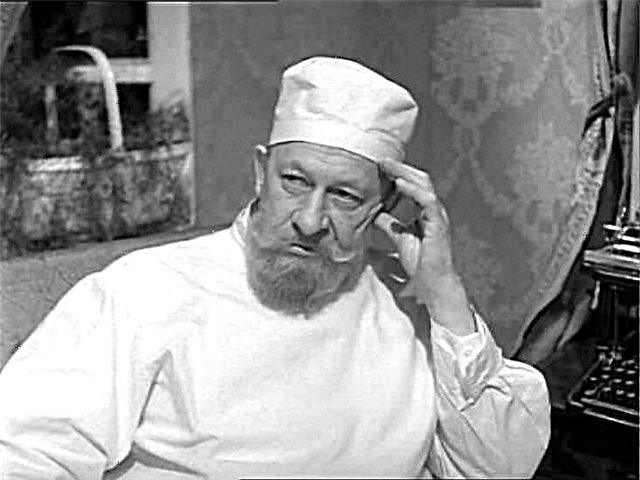
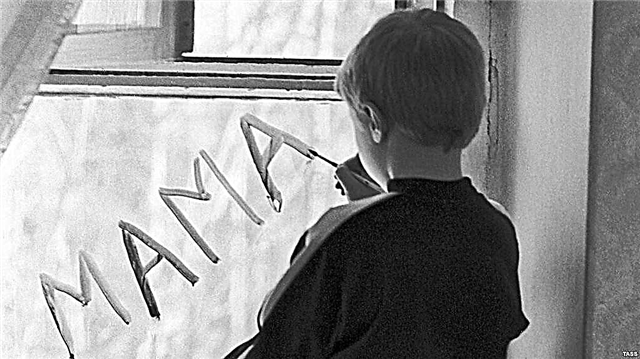
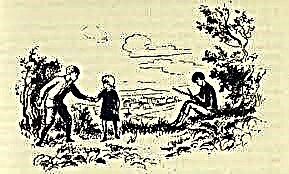
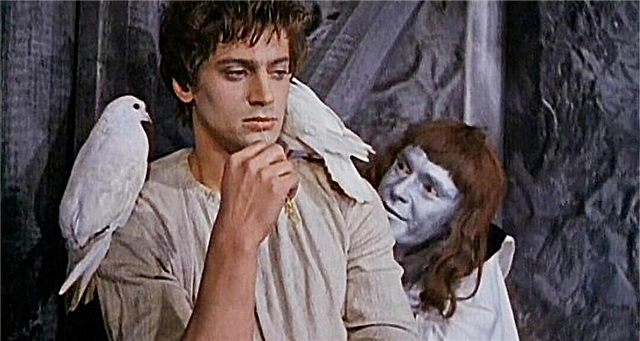 City of masters
City of masters